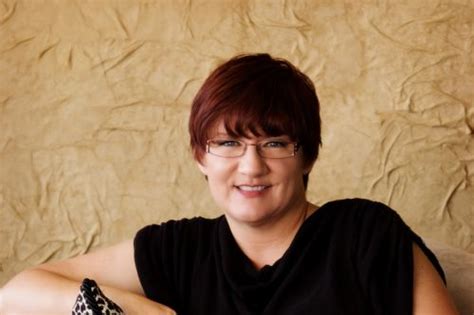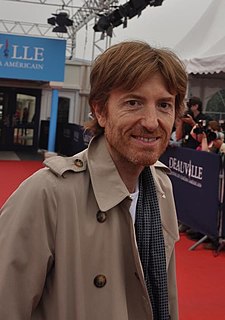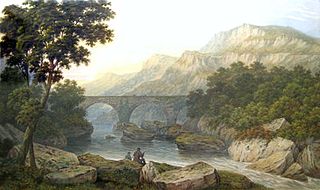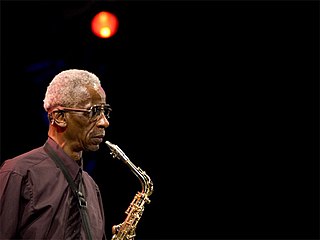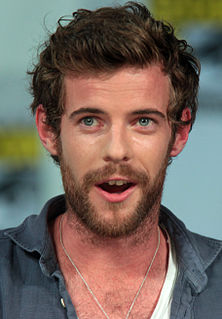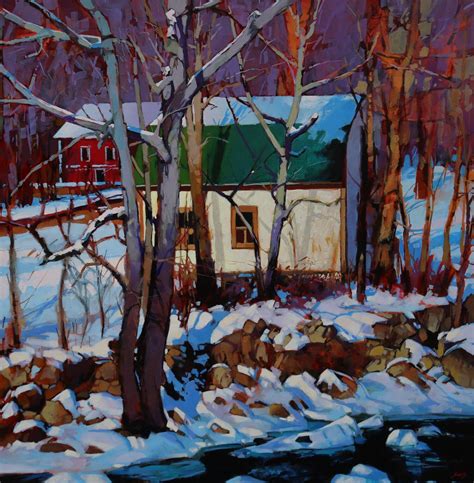A Quote by Voltaire
The composition of a tragedy requires testicles.
Quote Topics
Related Quotes
It's better to find a composition through an instrument and to play it and record it because you have something. It's a composition, and the song is good. It lives as a song. The worst is when you have a song and nothing is working well when you produce it. It's not like what you expect in your imagination. It's the worst because it requires a lot of work.
Composition is a side issue. Its role in my selection of photographs is a negative one at best. By which I mean that the fascination of a photograph is not in its eccentric composition but in what it has to say: its information content. And, on the other hand, composition always also has its own fortuitous rightness.
In some exquisite critical hints on "Eurythmy," Goethe remarks, "that the best composition in pictures is that which, observing the most delicate laws of harmony, so arranges the objects that they by their position tell their own story." And the rule thus applied to composition in painting applies no less to composition in literature.

